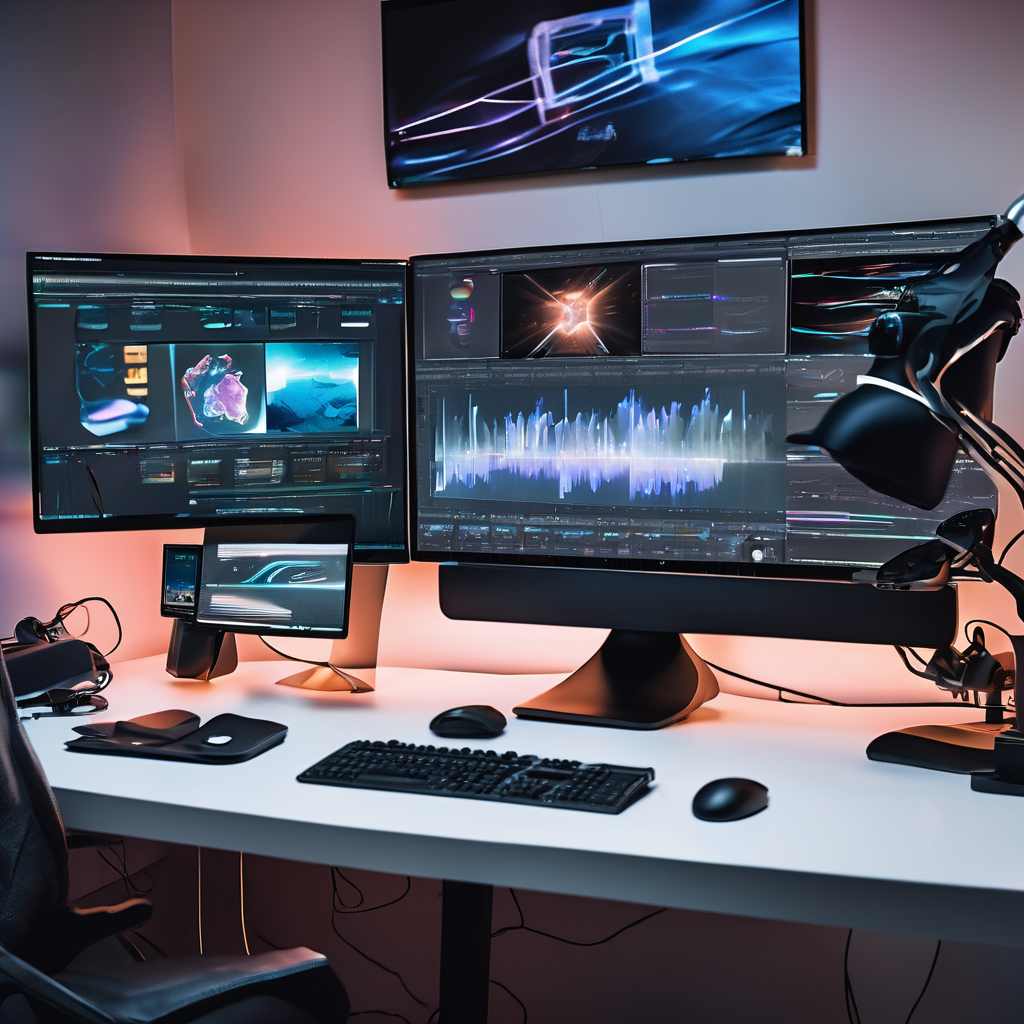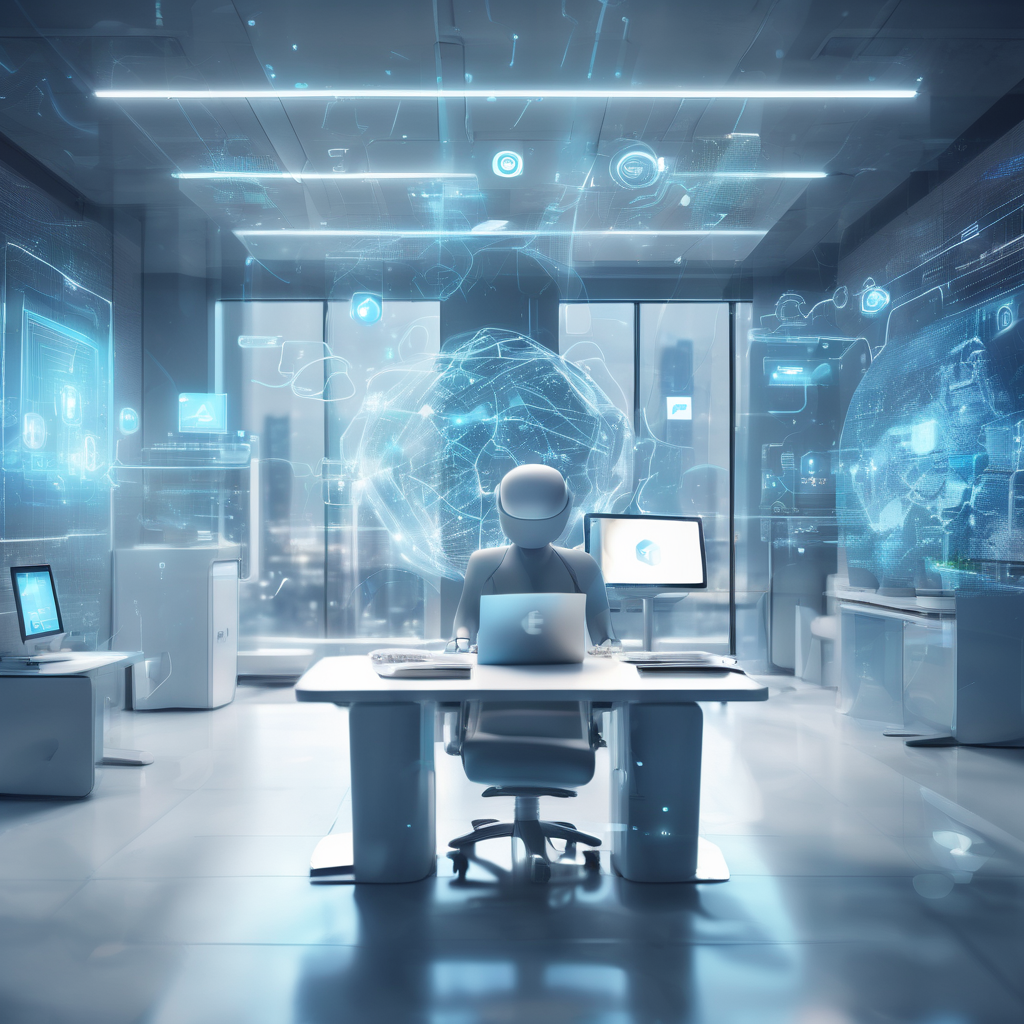
Advancements in Artificial Intelligence (AI) video recognition technology are transforming how digital content is accessed by individuals with hearing impairments. These innovations enable more accurate real-time captioning and sign language translation, significantly enhancing inclusivity across various digital platforms. AI-powered video recognition systems have ushered in a new era of accessibility for those relying on visual cues to comprehend video content. Improvements in machine learning algorithms and natural language processing have made real-time captioning—transcribing spoken words into text instantly—far more precise, ensuring timely and accurate captions that reduce misunderstandings and improve viewing experiences. Beyond captioning, AI is advancing automatic sign language translation by analyzing video inputs to identify and interpret gestures, converting them into spoken or written language. This capability helps bridge communication gaps between hearing and deaf communities, fostering better interaction and understanding. Popular streaming platforms hosting vast content libraries are integrating these AI-driven features, demonstrating commitments to accessibility. Consequently, users with hearing impairments engage more fully with entertainment, education, and live events through enhanced captioning and sign language options. Educational tools also benefit from these AI developments, with online learning environments increasingly adopting AI-enabled captioning and sign language support. This ensures students with hearing impairments receive equal educational opportunities and promotes a more engaging, interactive learning experience for all. The advantages of these innovations extend beyond accessibility: by providing accurate, real-time interpretations, AI creates a more inclusive digital world aligned with broader societal goals of equality and universal design, accommodating diverse user needs. Ongoing research and development in AI video recognition promise further improvements, as advanced algorithms and richer datasets enhance the accuracy and scope of sign language translation.
This progress aims to cover multiple sign languages across regions and communities, reducing barriers for individuals with hearing impairments and enabling cross-cultural communication. Experts emphasize the importance of collaboration among AI developers, linguists, and deaf or hard-of-hearing communities to refine systems that accurately capture sign language nuances and deliver contextually appropriate translations. Despite significant strides, challenges remain. Factors such as accent variations, background noise, lighting, and individual signing styles can impact recognition accuracy. However, advancements in sensor technology and multimodal AI techniques are expected to address these hurdles over time. The dedication of streaming services, educational platforms, and tech companies to incorporate AI video recognition and translation reflects a broader shift toward prioritizing digital accessibility. This not only benefits people with hearing impairments but also enhances the overall user experience by offering diverse ways to engage with content. In summary, the evolving AI video recognition landscape significantly contributes to digital inclusivity. Enhanced real-time captioning and sign language translation technologies are breaking down communication barriers and fostering a more equitable digital environment. As these tools become increasingly widespread and refined, they will be integral to shaping a future where information and entertainment are universally accessible, regardless of hearing ability.
Advancements in AI Video Recognition Enhance Accessibility for Hearing Impaired


Ingram Micro Holding (INGM) recently launched its new AI-powered Sales Briefing Assistant, utilizing Google’s Gemini large language models.

Dappier, a company specializing in consumer-focused AI interfaces, has announced a strategic partnership with LiveRamp, a data connectivity platform known for identity resolution and data onboarding expertise.

Omneky has launched an innovative product called Smart Ads, aimed at transforming how marketers develop advertising campaigns.

Google has launched a new online video editing application called Google Vids, which utilizes the company's advanced Gemini technology.

SEO Company has introduced a revolutionary advancement in search engine optimization with its Autonomous SEO Agent, an AI-driven system designed to continuously analyze, audit, and optimize websites autonomously, without human intervention.

Empowering marketers and franchisees with a superhuman edge for on-brand local marketing anytime, anywhere.

Artificial intelligence (AI) is swiftly reshaping the field of search engine optimization (SEO) by greatly enhancing content personalization and boosting user engagement.
Launch your AI-powered team to automate Marketing, Sales & Growth

and get clients on autopilot — from social media and search engines. No ads needed
Begin getting your first leads today